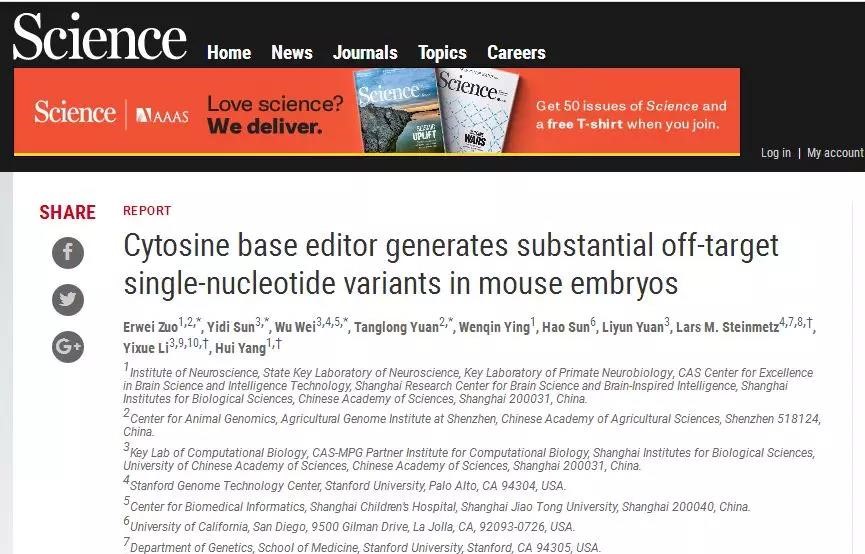Chende Capital led the investment, followed by WuXi AppTec, Huimei Capital, Yahui Capital, and Sherpa Investment.
It is reported that the gene editing and gene therapy company “Fida Gene” announced that it has obtained more than 100 million yuan in Series A financing. The lead investor of this round of financing is Chende Capital, and the investors are WuXi AppTec and Huiji Capital. , Yahui Capital, old shareholder Sherpa Investment continued to follow. This round of funds will be mainly used for the promotion of core clinical pipelines, the establishment of R & D and preclinical research teams, and the construction of GMP-level production workshops.
In November 2018, in the early stage of its establishment, Evergrande completed an angel round of RMB 30 million invested by Sherpa.
Huida Gene is a transformational biotechnology company based on the development of gene therapy drugs. It mainly researches and develops new treatment technologies and drugs for rare genetic diseases and other difficult diseases in humans.
As a cutting-edge company in the field of gene therapy, Huida Gene initially attracted the attention of the industry through a high-level Science.
This paper is called Cytosine single base editing causes a large number of single nucleotide mutations , led by the primate disease model research group of the Institute of Neuroscience, Chinese Academy of Sciences, and completed by the Institute of Computational Biology, Chinese Academy of Sciences and Stanford Gene Technology Center.

The research established a new off-target detection technology named GOTI (Genome-wide Off-target analysis by Two-cell embryo Injection), and used this technology to find: This can lead to a large number of unpredictable off-targets and therefore poses a serious safety risk.
This study significantly improves the sensitivity of off-target detection of gene editing technology, and can find completely random off-target sites that cannot be found by previous off-target detection methods without the help of any off-target site prediction technology. The security assessment of editing tools has brought breakthrough new tools and is expected to become the new industry inspection standard.
The GOTI off-target detection technology was established by the Yang Hui group of the Chinese Academy of Sciences and its collaborators. Dr. Hui Hui, founder of Evergrande, is now a member of the Chinese Academy of SciencesHe is a researcher at the Innovation Center and a recipient of the National Outstanding Youth Fund. He and Dr. Yao Xuan and Dr. Shi Linyu co-founded the gene.

At present, Evergrande has built a 500-square-meter gene therapy research and development laboratory (BSL-2), covering gene editing technology platforms, AAV technology platforms, disease model animal platforms, and process transformation and production platforms. The second phase is 5000 square meters. Rice’s gene therapy workshop is under construction. The company has mastered world-leading technologies such as CRISPR / Cas9 gene editing, virus packaging production purification, and animal disease model building.
The core pipeline that HGI has advanced currently covers three major areas of neurodegenerative diseases, visual impairment and hearing impairment.
The core team comes from well-known universities and pharmaceutical companies at home and abroad, such as the Chinese Academy of Sciences, Shanghai Jiaotong University, and the Massachusetts Institute of Technology, and has 5-10 years of experience in new drug conversion research and development, process design and production management.